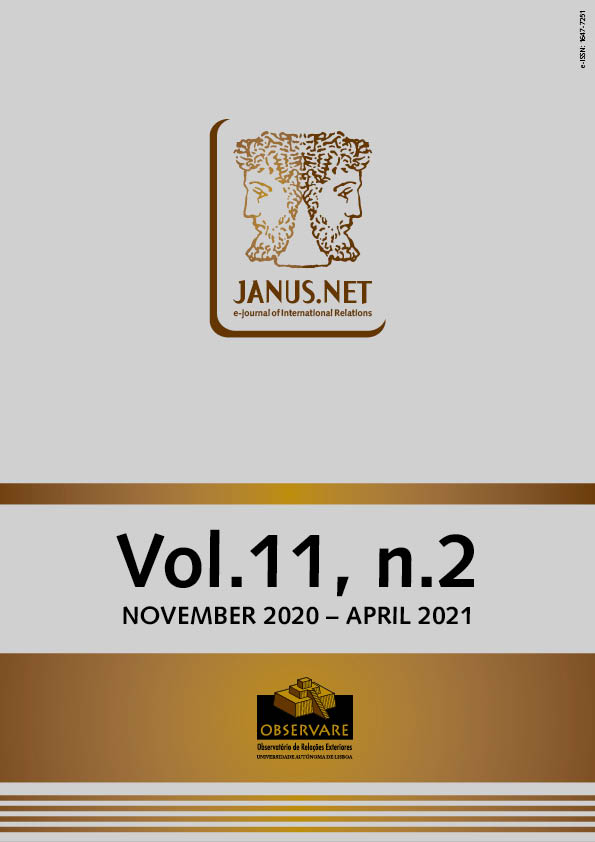In the evolution of contemporary international politics, ideological turns are important factors that affect the resetting of governments’ external agendas and of intra-regional and extra-regional ties. All of them are affected by the worldviews of political leaders who occupy a prominent place in governments and by the types of leadership that presidents choose to have in the exercise of their functions. This prompts us to analyse and reflect on the forms of international insertion South American countries in the regional, continental and global scene based on the perceptions of these leaders. The challenge is to analyse the pre-existing and emerging perceptions between Argentina and Brazil in the period 2003-2019 and how they shaped the regional integration processes. At the same time, this paper examines their trends based on the operational milieu, that is, according to the international and regional context and the evaluation of integrationist alternatives. The hypothesis is that the changes that took place in the operational milieu were a determining factor in the setting of the psychological milieu; and that the resetting of the agenda regarding regional integration shows both a change in perceptions and an effort to adapt to external and internal political turns. Thus, among the various existing perceptions, we highlight as the most relevant three ideal models/types that move towards two extremes to achieve a third that synthesizes them: the strategic alliance; nationalist-military thought (or traditional suspicion); and Mutually Assured Trust (MAT). The creation of concepts such as the MAT implies advancing in a relational model that removes uncertainty from the bilateral relationship.
POLITICAL TURNS AND PERCEPTIONS IN THE FOREIGN POLICIES OF ARGENTINA AND BRAZIL (2003-2019)
Holder of a Ph.D. in International Relations. Researcher at the National Council for Scientific and Technological Research (Consejo Nacional de Investigaciones Científicas y Tecnológicas CONICET-Argentina). Professor of Problems of International Relations at the Faculty of Political Science and International Relations of the National University of Rosario (UNR-Argentina).
Resumo
Palavras-chave
Como citar este artigo
Doval, Gisela Pereyra (2020). “Political turns and perceptions in the foreign policies of Argentina and Brazil (2003-2019)”. In Janus.net, e-journal of international relations. Vol. 11, No. 2 Consulted [online] at date of last visit, DOI: https://doi.org/10.26619/1647-7251.11.2.4
Article received on 23 December, 2019 and accepted for publication on 21 September, 2020















